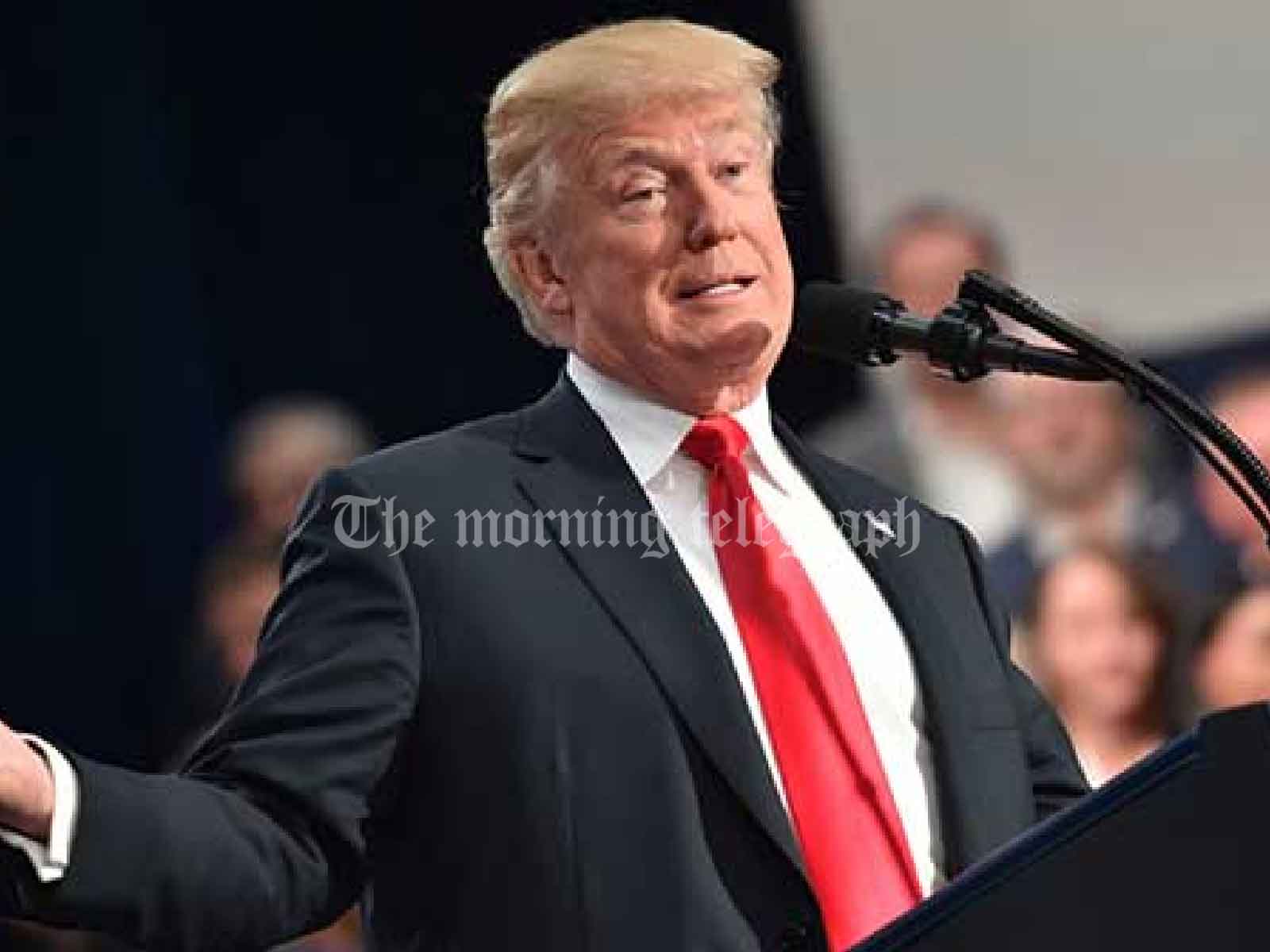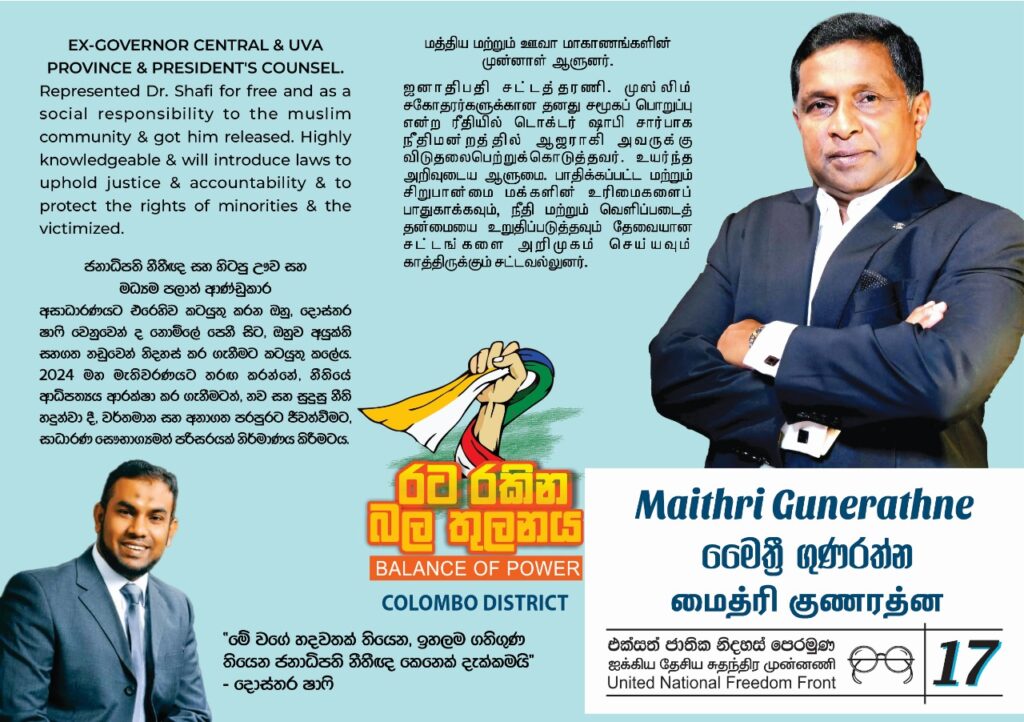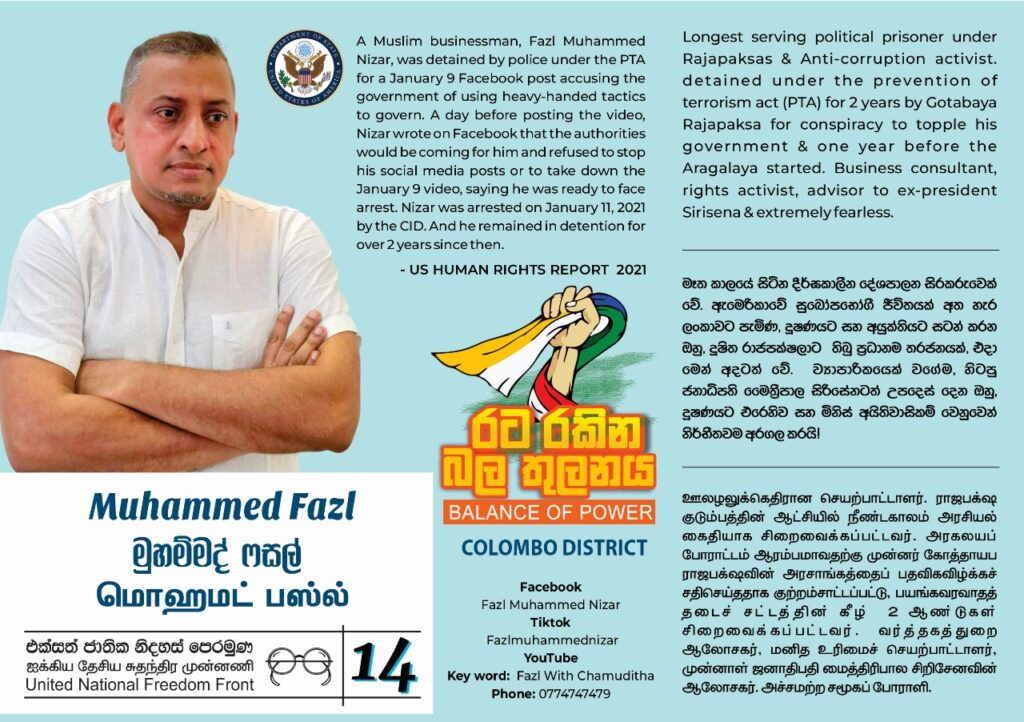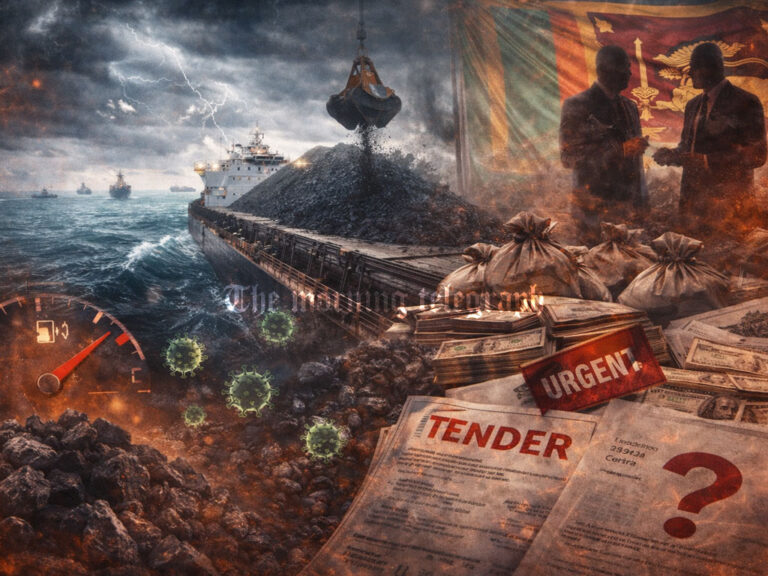
Dr. Hasith Kandaudahewa, an International Relations Research Consultant, discusses the implications of Donald Trump’s potential re-election for Sri Lanka’s geopolitical and economic landscape. He suggests that while Trump’s return could bring economic opportunities, it may also introduce complexities in Sri Lanka’s relationships with China, India, and the broader Indo-Pacific region.
Dr. Kandaudahewa argues that Trump’s “America First” policy, which tends to focus on domestic economic interests while downplaying certain international issues, might benefit Sri Lanka. Specifically, this approach could lessen U.S. pressure on Sri Lanka regarding accountability issues associated with the 2011 UN human rights resolution. Trump’s administration may show reduced engagement in the UN human rights agenda, providing Sri Lanka some diplomatic relief at the UN level.
Trump’s possible approach to the Indo-Pacific region, where he may reduce American military presence, could ease regional pressures on Sri Lanka. However, a decreased U.S. commitment to the region might also mean a reduction in financial support for Sri Lanka, particularly in areas like research and coastal security.
A renewed U.S.-China trade rivalry under Trump could impact Sri Lanka’s close economic ties with China. As Dr. Kandaudahewa explains, the U.S. might push Sri Lanka to limit Chinese influence, especially in projects like the Trincomalee port. This pressure aligns with American efforts to counter China’s growing influence in South Asia, yet it could complicate Sri Lanka’s foreign policy, given its reliance on Chinese investments.
India-U.S. relations could also be impacted if Trump sidelines India in favor of a more direct U.S. engagement in the Indo-Pacific region. Dr. Kandaudahewa suggests that while Trump previously relied on India to enhance U.S. influence in the region, this approach may shift to minimize India’s role. This could influence India’s own regional strategies and affect its economic and diplomatic ties with Sri Lanka.
Sri Lanka’s relationship with the International Monetary Fund (IMF) may also evolve under Trump, with the U.S. potentially encouraging Sri Lanka to reduce its dependency on Chinese financial support. Trump’s administration could support IMF installments to Sri Lanka, provided the nation limits its reliance on Chinese investment.
In summary, Trump’s possible return to the U.S. presidency might open some economic doors for Sri Lanka and reduce diplomatic scrutiny in areas like human rights. However, it could also add challenges as Sri Lanka navigates between the interests of the U.S. and China, particularly in strategic development and regional security.






